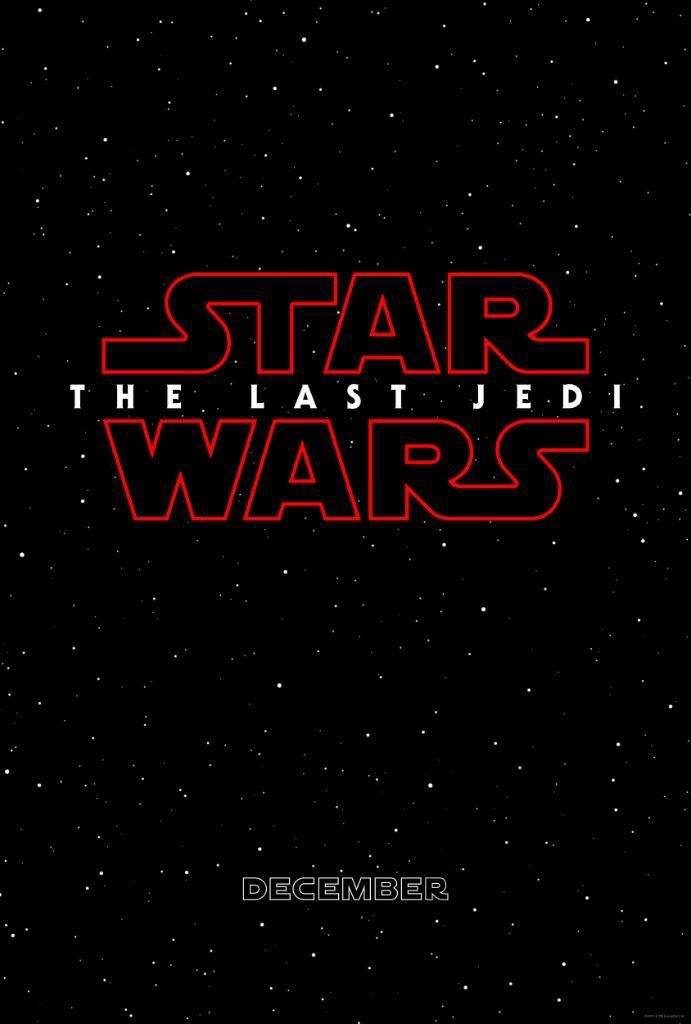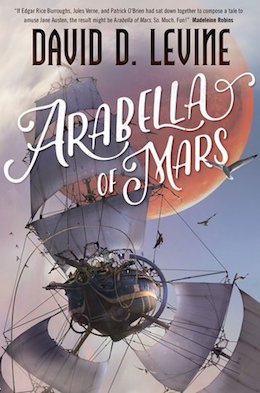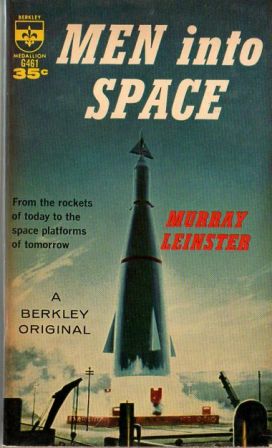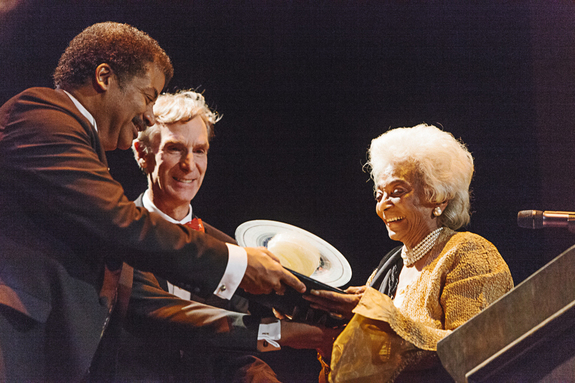(1) CON CRUNCH. Crunchyroll has announced it will launch a new anime convention called Crunchyroll Expo (CRX). The con will be held August 25-27 in Santa Clara, California at the Santa Clara Convention Center.
Assuming CRX is repeated in 2018 on a comparable weekend, it would take place in Santa Clara on the weekend following Worldcon 76 in the San Jose McEnery Convention Center on August 16-20, 2018.
It would be worse if CRX was going to precede the Worldcon (and far worse if it was on the same weekend), but there’s always a question of how much time and money fans in an area have to devote to conventions, and which one they’ll choose.
(2) ALWAYS TO CALL IT RESEARCH. Paste Magazine names “6 Classic Sci-Fi Stories That Inspired This Week’s Supergirl“.
- Invasion of the Body Snatchers Are your friends and loved ones acting strangely? Are they acting a bit too much like themselves? Are they too understanding, too calm, too patient, too willing to listen to you whine about how they’ve let you down without defending themselves? Bad news, my friend: They’ve been body snatched.
The Invasion of the Body Snatchers franchise encompasses several movies, thematic connections to multiple authors—including Robert Heinlein, whose 1951 novel The Puppet Masters provided the loose inspiration for the film version—and even a Bugs Bunny cartoon. (It’s called Invasion of the Bunny Snatchers, and it’s perfect.) All revolve around the paranoia that the people we know could one day be replaced by identical alien life forms with no discernable difference. So when M’gann, Winn, and later Alex turn out to be white Martians in disguise, those feelings of uncertainty and paranoia come straight out of the Body Snatchers bag of tricks.
Originally meant as a metaphor for communism and the Cold War—and, really, when was anything not originally meant as a metaphor for communism and the Cold War—Supergirl ups the ante on Snatchers by taking a more personal route. It’s a horrifying idea: That you could be spilling your most difficult-to-process and embarrassing feelings to a person you think is your closest friend, only to find out that the person literally isn’t who you think he is. Try hard not to think about it the next time you’re talking to your crush.
(3) OUTSIDE THE MILSF BOMB BAY. “Military science fiction doesn’t have to just be about space battles and glory,” says the blurb. “It can examine why we, as a culture, choose to make war—and how we can change.” Elizabeth Bonesteel discusses “The Future of War, Peace, and Military Science Fiction” at Portalist.
…And paradoxically, when we define soldiers as bigger than life, it makes it easier for us to point fingers if something goes wrong. They’re trained. They should know better. It can’t possibly be our fault.
It is our fault. It’s always our fault. War is a choice. But the more we blunt our perception of the people we send to do this work, the easier it is for us to abdicate responsibility for how serious the decision really is.
Fiction of all types is a game of what-ifs. Military science fiction takes a particular angle: What if this was what a futuristic military force looked like? What if this is what it was used for? What is it like for the soldiers themselves? Even the most jingoistic military science fiction puts the reader in the mind of a soldier, and that in itself is a humanizing act.
But I think more than humanizing the soldiers themselves, military science fiction has a role to play in illuminating why we choose war. As with all speculative fiction, the power lies in being able to set up an impossible scenario, and ask concrete questions about it. Government and military can be structured in any way at all, or even be at odds with each other—weapons are, after all, a uniquely dispassionate way of upsetting the balance of power. Add to this a government with complex motives for choosing to deploy their defenses, and you can examine our current society through an infinite number of lenses.
(4) MORE ON WAR. David Brin and Catherine Asaro respond to the question “Can science fiction help prevent a nuclear war?” at PRI.
Long before David Brin became a scientist and author, he practiced duck-and-cover drills in his elementary school classroom. And because the threat of nuclear war hung over his childhood, it has become a big part of his fiction.
“The teacher would be talking away, and suddenly, in the middle of a sentence, say, ‘Drop!’” Brin recalled. “That’s how much time you’d have if you noticed the flash of a nuclear blast.” He was so conscious of nuclear risks that he wanted his own fallout shelter. “I wanted my mother to buy a used tanker car from the railroad, and bury it in our backyard.”
In a recent conversation with Catherine Asaro, a physicist and sci-fi writer, Brin said his most famous book, “The Postman,” brought about a kind of catharsis for him. “I used that book, deliberately, to discharge a lot of the stress of having grown up all my life, wondering — is this the day mushroom clouds appear on the horizon?” Brin said.
…“I don’t think that fear has gone away,” said Asaro, who has written many “hard science fiction” novels about space, technology and the military. In her opinion, readers today are even more aware of the dangers that society faces. But she believes the fear of catastrophe no longer centers on nuclear weapons.
“It’s increased, to the point where it’s not just nuclear winter anymore,” Asaro said. In recent years, many sci-fi writers have explored the dangers of climate change, cyberwarfare and advanced artificial intelligence.
(5) PRATCHETT SPECIAL AIRS SATURDAY. Boing Boing has the story — “The BBC will air a docudrama on Terry Pratchett’s life and his struggle with Alzheimer’s” .
Paul Kaye plays Pratchett in Back in Black, based on Pratchett’s unfinished autobiography; it will air on Saturday.
The doc covers the frustrations, discrimination and discouragement that Pratchett encountered as a working class pupil with a variety of speech impediments, and on what Neil Gaiman called Pratchett’s ‘quiet rage’, which fuelled him to literary stardom and enabled him to write seven novels even as Alzheimer’s stole his mind.
The irreverent trailer hints at a programme that will treat Pratchett with the kind of anger and compassion he brought to his own work and life.
(6) ASK HURLEY. Kameron Hurley participates in a Reddit “Ask Me Anything” session today at 8 p.m. EST, which will be over by the time you read this but the transcript will be online.
Be sure to stop by my Reddit AMA! Ask me anything now, I answer tonight at 8pm EST https://t.co/Qttt8YQIVT pic.twitter.com/hvDnzEyRMF
— Kameron Hurley (@KameronHurley) February 9, 2017
(7) JUST SAY KNOW. And Hurley has a new blog post – “Yes, You Can Say No to Your Editor(s)”. Well, if you’ve negotiated your contract correctly…
Listen. I’m going to tell you a secret, which you should already know if you’re a pro writer, but is especially useful for new writers to hear. Nobody tells you what to write in this business. They may say, “Hey, I’d like to see a space opera from you,” or “Hey, you know, the gay guy dies here and that’s not a great trope. Sure you want to do that?” but no one will make you change anything. I mean, if you really can’t come to an agreement, you can publish that shit up on Amazon tomorrow, easy peasy. I know writers who actually argue with their copyeditors in the manuscript comments, and this always makes me roll my eyes. Why are you arguing? You’re the author. It will say in your contract, if you and your agent are diligent, that no changes can me made to the manuscript which you don’t approve of. That’s a pretty standard clause that has been in all of my contracts. Now, if you’re like, “I totally want to load a bunch of typos in this book!” you could also, even, do that for stylistic reasons! I know, it’s amazing.
(8) CRAWFORD AWARD. Charlie Jane Anders has won the 2017 Crawford Award for All the Birds in the Sky.
The award will be presented at the 38th International Conference on the Fantastic in the Arts taking place March 22-26 in Orlando, Florida.
(9) DS9 REMEMBERED. The makers of a documentary about Star Trek: Deep Space Nine are crowdfunding some production costs through Indiegogo. They’ve raised $114,777 of their $148,978 goal with a month to go.
Now, over twenty years later, fans all over the world are rediscovering Deep Space Nine and embracing the show with an enthusiasm rivaling the affection they feel for any other Star Trek series. Critics are even calling the show the Jewel in the Crown and the best of the Star Trek franchise. A devoted sci-fi fan might rightly ask themselves; “What the hell happened?”
Our documentary film, What We Left Behind: Looking Back at Star Trek: Deep Space Nine, will take a detailed look at this historic series and consider the reasons Deep Space Nine went from a family outcast to a Star Trek mainstay. The film will also contain a “what if” segment in which the original writers brainstorm a theoretical 8th season of the show.
Spearheaded by original show-runner Ira Steven Behr, directed by Adam Nimoy (For the Love of Spock), and with a handful of key interviews already ‘in the bag,’ the #DS9Doc now needs YOUR HELP to reach completion by finishing filming, editing, and post-production.
(10) TODAY’S DAY
Crack cultural researcher John King Tarpinian assures me this is Pizza Day. Quoting his source —
History of Pizza Day
You can say that Pizza Day started in the 10th century in Naples, Italy. This is when records first show the presence of pizza….
Pizza made its mark on America in 1905. In New York City, a pizzeria called Lombardi’s created the spark that would light hearts across the country from then until now — and with no conceivable end in sight! Amazingly, they are still in business! If you want to taste that first real pizza to hit American shores, head over to Little Italy in Manhattan and check them out.
(11) TODAY’S BIRTHDAY BOY
- February 9, 1928 — Frank Frazetta
(12) FROM PHONE AGE TO STONE AGE. The BBC asks “What if the internet stopped working for a day?”. Sounds tempting to me… And I love that the name of the researcher is “Borg.”
…For a start, the impact to the economy may not be too severe. In 2008, the US Department of Homeland Security asked Borg to look into what might happen if the internet went down. Borg and his colleagues analysed the economic effects of computer and internet outages in the US from 2000 onwards. Looking at quarterly financial reports from the 20 companies that claimed to be most affected in each case, as well as more general economic statistics, they discovered that the financial impact of an outage was surprisingly insignificant – at least for outages that lasted no more than four days, which is all they studied.
“These were instances where enormous losses were being claimed– in the hundreds of millions and even billions of dollars,” Borg says. “But while some industries like hotels, airlines and brokerage firms suffered a bit, even they didn’t experience very big losses.”
(13) ENDLESS REPLAY. Be your own “grateful dead” concert. Nerdist reports “A Company Will Press Your Ashes into a Working Vinyl Album”. Sounds like something Connie Willis would list in that section of her GoH speech about things science fiction predicted (that everyone in the audience recognizes it didn’t.)
When the final track of your life finishes playing, how would you like to be remembered? Do you want to be buried and forgotten like a bad solo album? Or would you like to be encased for posterity like a big platinum record? Or maybe you hope to continue being heard, like a legendary musician that lives on forever. Well, if you hope to have your song play long after you’ve left the recording studio of life, there’s a way for that to happen–literally–by having your ashes pressed into a vinyl record.
(14) LATE SHOW SF NAME-DROPPING. While bantering with Paul Giamatti, Colbert reels off a library’s worth of his favorite sf writers – begins at the 6:28 mark in this clip from The Late Show with Stephen Colbert (CBS-TV). Authors mentioned include Asimov, de Camp, Dick, Ellison, Heinlein, Kuttner, Niven, Cordwainer Smith, Tolkien, Vance…
(15) BILL IS BACK. And Netflix has got him.
Bill Nye – science guy, educator, mechanical engineer, and curator of curiosity – returns with a new show. Each episode of Bill Nye Saves the World tackles a specific topic or concept through lively panel discussions, wide-ranging correspondent reports from a crackerjack team, and Bill’s very special blend of lab procedure and sly personality.
[Thanks to John King Tarpinian, Petréa Mitchell, JJ, Standback, Chip Hitchcock, Andrew Porter, and Cat Eldridge for some of these stories. Title credit goes to File 770 contributing editor of the day Stoic Cynic.]










